
The group has a disproportionate number of nurses, health care workers and families living in multigenerational homes.

The group has a disproportionate number of nurses, health care workers and families living in multigenerational homes.
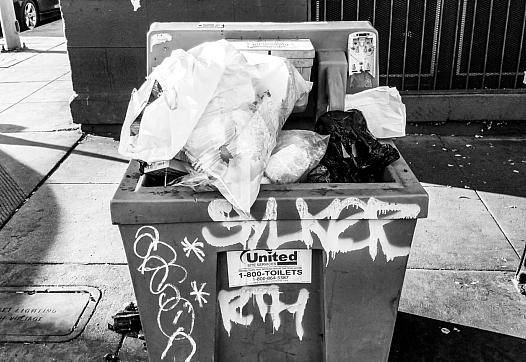
While vendors watched their market share increase and collected money from the city and federal government, an L.A. TACO analysis found that hundreds of hand-washing stations and porta-potties went days, weeks and in some cases more than a month without being serviced.
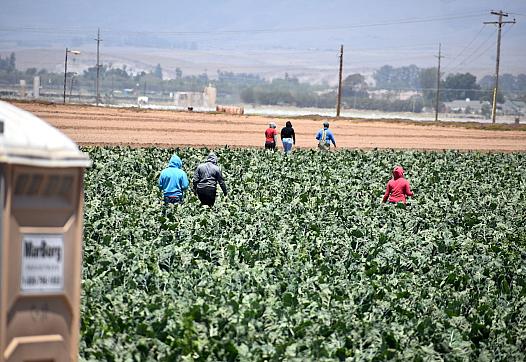
At least 64 agricultural workers have died of coronavirus in Santa Barbara County; 30 separate outbreaks reported among agricultural businesses.
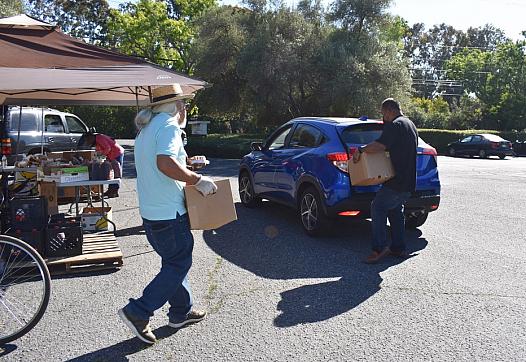
Every Friday afternoon from 3 to 6 p.m., the parking lot of St. Andrew's United Methodist Church on Alma Street in Palo Alto becomes a drive-thru food aid hub.
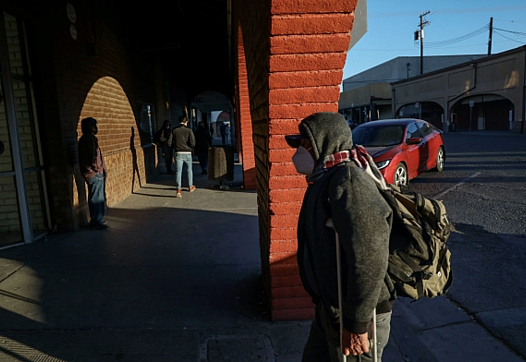
Often overshadowed by its larger, more affluent neighbors to the west, Imperial County had few testing and vaccination resources early on. Now, flush with vaccines, groups in the county are taking targeted efforts to reach vulnerable communities.
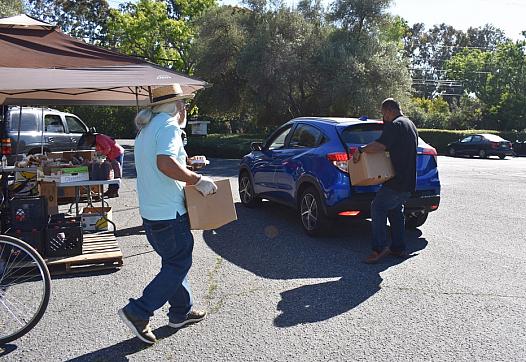
How a federal program to help farmers during the pandemic is changing the local food landscape
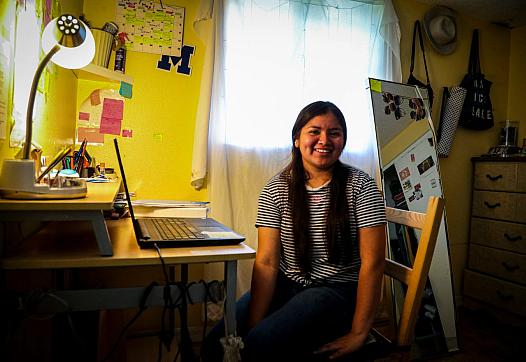
This story was produced by Janine Zeitlin, a participant in the USC Annenberg Center for Health Journalism's 2020 Data Fellowship.
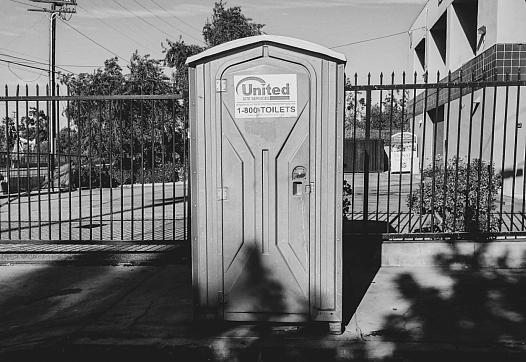
This is the second investigative article by Lexis-Olivier Ray that was produced as a project for the USC Annenberg Center for Health Journalism’s 2020 Data Fellowship.
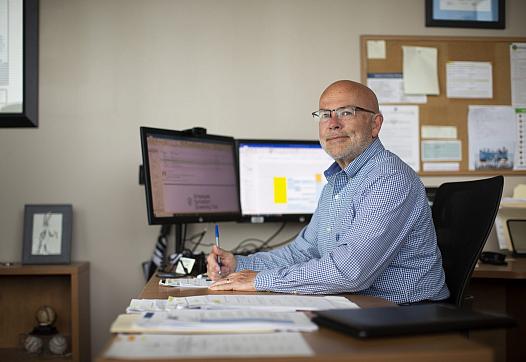
Confidentiality rules intended to protect children present challenges for investigating allegations of DSS misconduct.
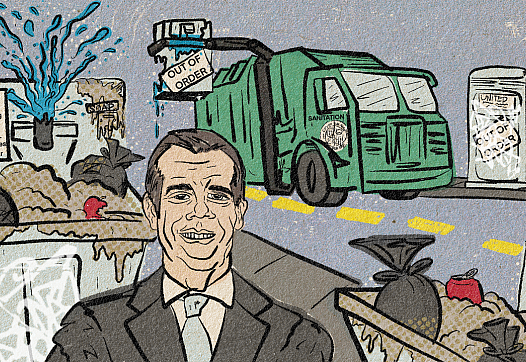
This is the first investigative article that was produced by Lexis-Olivier Ray as a project for the USC Annenberg Center for Health Journalism’s 2020 Data Fellowship.